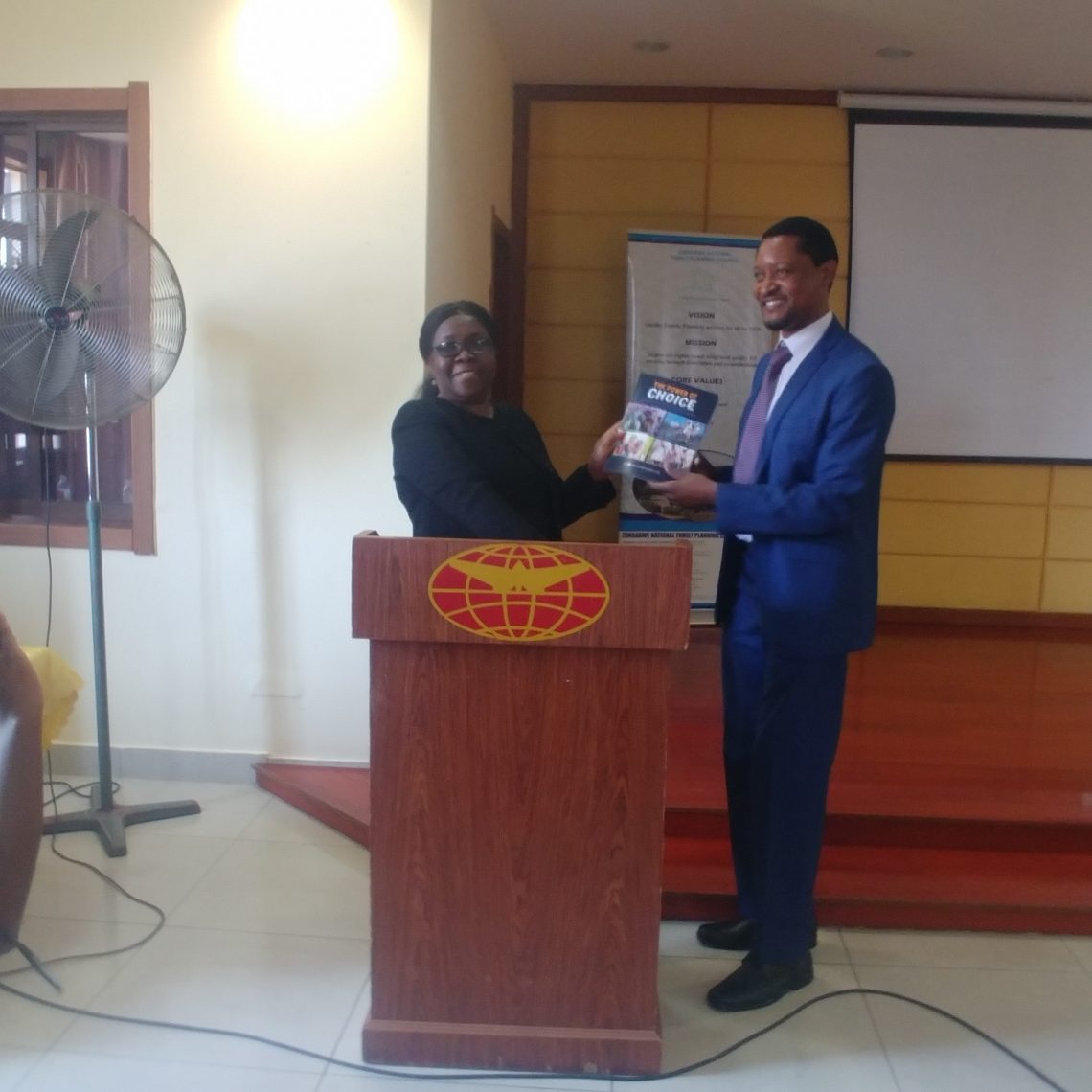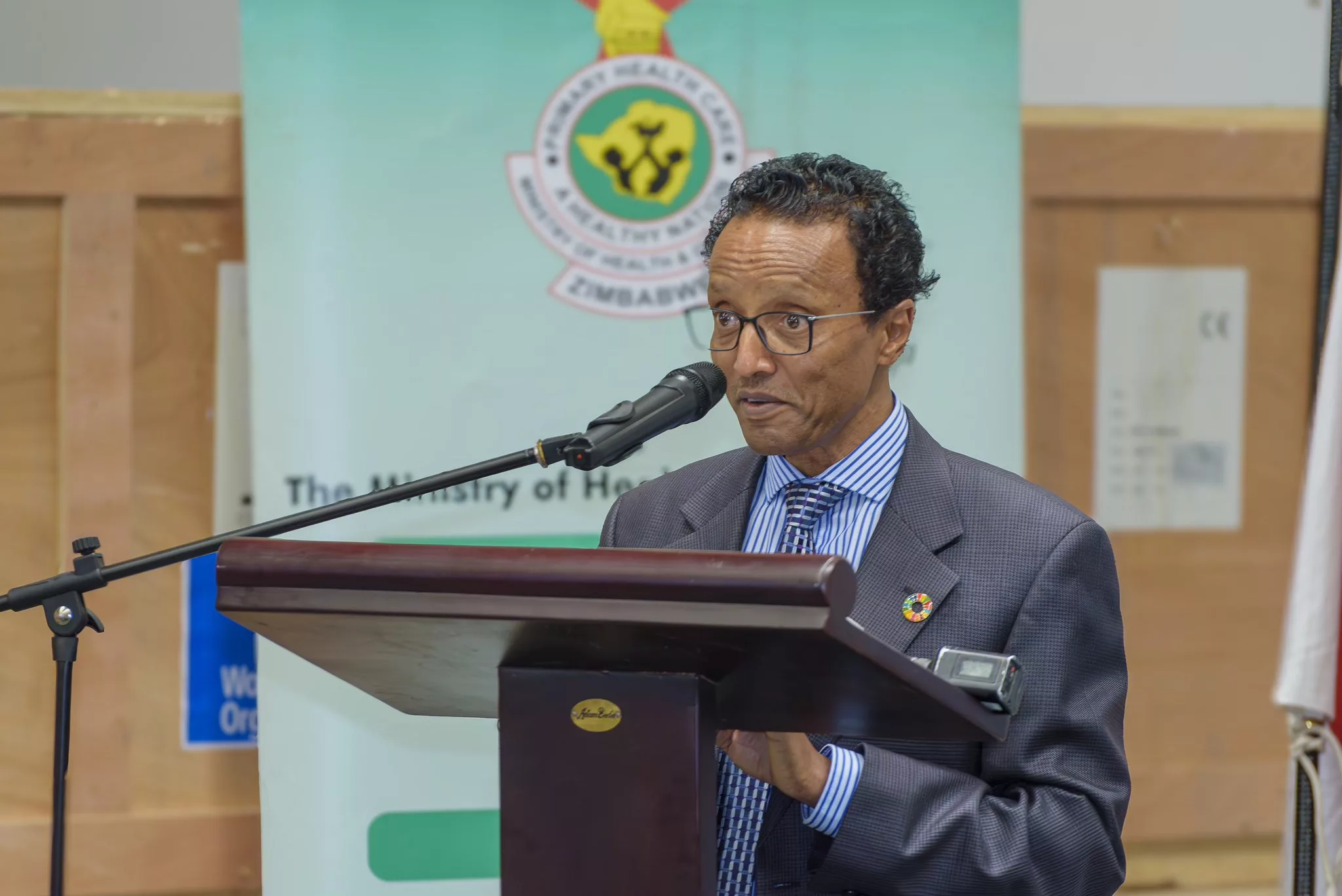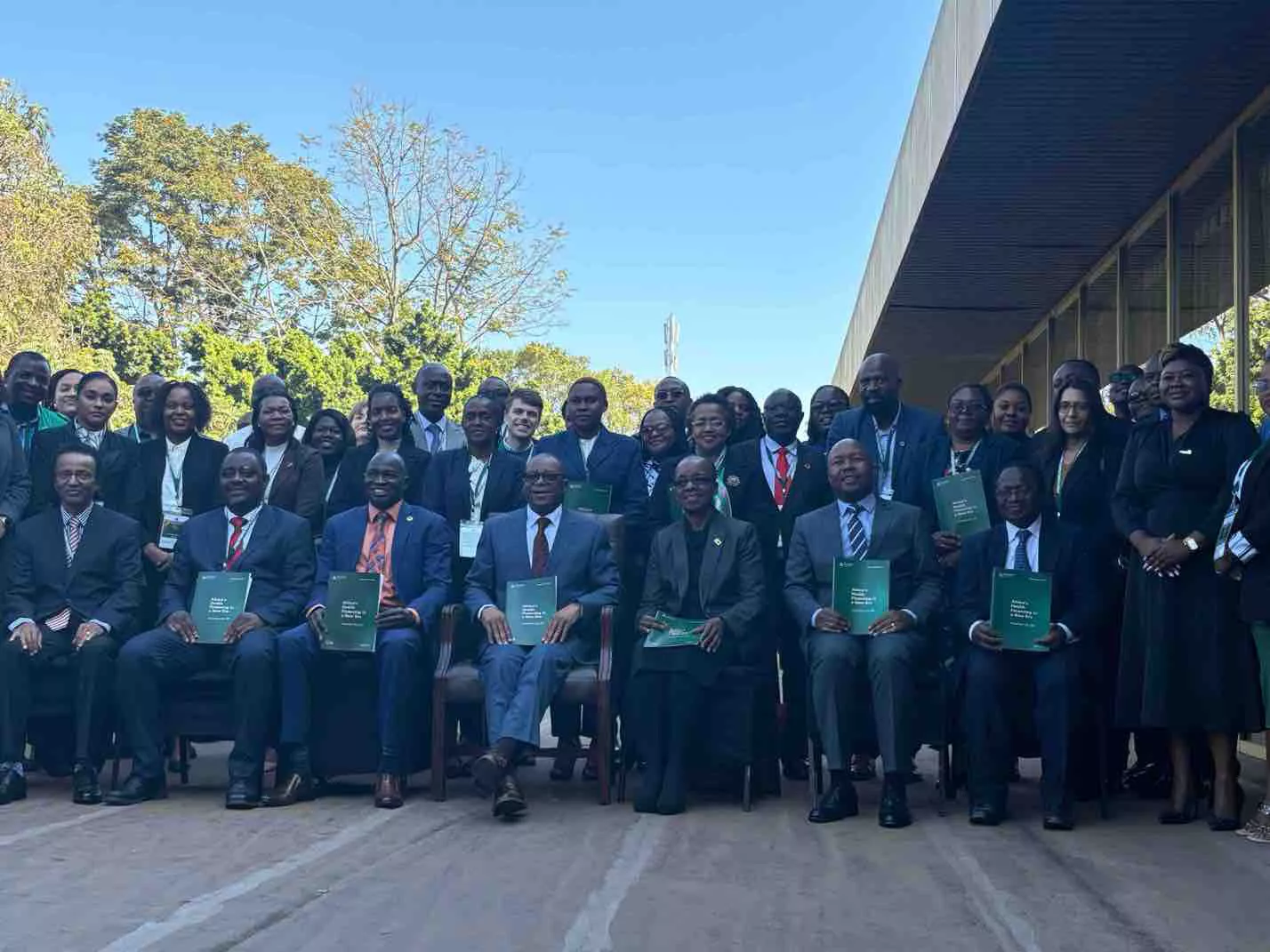The power to choose the number, timing and spacing of children can bolster economic and social development, according to the State of the World Population Report (SWOP) a yearly report published by the United Nations Population Fund (UNFPA).
The global trend towards smaller families is a reflection of people making reproductive choices to have as few or as many children as they want, when they want. When people lack choice, it can have a long-term impact on fertility rates, often making them higher or lower than what most people desire, says UNFPA, the United Nations sexual and reproductive health agency.
Family size is closely linked with reproductive rights, which, in turn, are tied to many other rights, including the right to adequate health, education, and jobs. Where people can exercise their rights, they tend to thrive. Where these rights are stifled, people often fail to achieve their full potential, impeding economic and social progress, according to the new report, entitled, “The Power of Choice: Reproductive Rights and the Demographic Transition.”
“Choice can change the world,” UNFPA Executive Director Dr. Natalia Kanem writes in the report’s foreword. “It can rapidly improve the well- being of women and girls, transform families, and accelerate global development.”
When a woman has the power and means to prevent or delay a pregnancy, for example, she has more control over her health and can enter or stay in the paid labour force and realise her full economic potential. The report found that no country can claim that all of its citizens enjoy reproductive rights at all times. Most couples cannot have the number of children they want because they either lack economic and social support to achieve their preferred family size, or the means to control their fertility. The unmet need for modern contraception prevents hundreds of millions of women from choosing smaller families.
Zimbabwe has made great strides to ensure access to contraceptives for its population with a 67% Contraceptive Prevalence Rate which considered one of the highest in Africa.
“I would to commend the Government of Zimbabwe for the great efforts to ensure choice is a reality for women and girls in Zimbabwe but more can be done to reach especially those in marginalised communities,” said UNFPA Country Representative Dr Esther Muia. “Choice can be a reality everywhere. Countries need to empower women to exercise this choice. As UNFPA, we remain committed to make choice a reality for many women and girls in Zimbabwe.”
Since the 1994 International Conference on Population and Development, reproductive health and rights have substantially improved around the world. People have more information about their reproductive rights and choices, and a greater capacity to claim their rights. “The historic transition to lower fertility,” says the report, “has emerged through people claiming their right to make choices about their reproductive lives, and to have as few, or as many, children as they want, when they want.”
The report classifies all countries in the world by the current dynamics of their populations’ fertility. It makes specific recommendations for policies and programmes that would help each country increase reproductive choices.
To make freedom of choice a reality, says the report, countries can prioritise universal access to quality reproductive health care, including modern contraceptives; ensure better education, including age-appropriate sexuality education; advocate for a change in men’s attitudes to be supportive of the rights and aspirations of women and girls; and make it easier for couples to have more children, if they want them, by enabling greater work-life balance through measures such as affordable child care.
“The way forward is the full realisation of reproductive rights, for every individual and couple, no matter where or how they live, or how much they earn,” says the Dr. Kanem. “This includes dismantling all the barriers— whether economic, social or institutional—that inhibit free and informed choice.”
Although Zimbabwe has made significant progress to reach it population with FP services there still remain challenges to reach women and girls especially those in rural communities. There is still a national unmet need for FP of 10%, particularly amongst adolescents (12.6%) and women over 40 (14%).
“Government remains committed to the provision of Family planning services. Efforts are underway to ensure the country meets it 2020 target of 68%. We call on their support of all our partners to make this a reality,” said ZNFPC Executive Director Dr. Munyaradzi Murwira.






